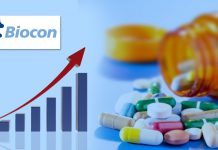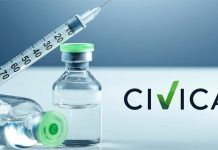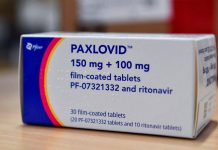Last week, the Ministry of Food and Drug Safety (MFDS), formerly known as the Korea Food and Drug Administration, has recently permitted pharmaceutical companies to market generic sugammadex, according to Korea Biomedical Review (KBR).
Originally sold under the brand Bridion, sugammadex is a medicine used for the reversal of neuromuscular blockade induced by rocuronium and vecuronium in adults undergoing surgery. In short, it is a muscle relaxation antagonist.
The U.S. Food and Drug Administration (FDA) approved the use of Bridion in December 2015. Merck, also known as MSD, received the approval of Bridion.
In Korea, the original drug’s patent expires in April. Local drugmakers are expected to engage in fierce competition to sell generic sugammadex.
The MFDS said Friday that Korean pharma companies JW Pharmaceutical, GC Pharma, and Daewoong Pharmaceutical received permission to market generic versions of Bridion.
The Korean government has been approving generic sugammadex since December 29, when Hanlim Pharm won the permit first.
Nineteen Bridion generics obtained local approval, and half of them are scheduled to be manufactured at Huons’ third plant in Jecheon, North Chungcheong Province, according to KBR.
The patent of Bridion, which is registered in Korea, is titled “6-mercapto-cyclodextrin derivatives: reversal agents for a drug-induced neuromuscular block,” which expires in April 2022.
Korean pharma companies have tried but failed to nullify the patent of the drug.
“CTC Bio filed a suit to invalidate the patent, and Intro BioPharma, Hana Pharm, Huons Global, and Chong Kun Dang also filed lawsuits to nullify the patent extension, but the court dismissed all,” wrote KBR.
No Korean company successfully invalidated Bridion’s patent, meaning no company obtained exclusive sales right for generic sugammadex for a certain period.
A drugmaker that quickly secures the generic drug market after the patent expiration is expected to have a big advantage. Industry experts said the market competition among Korean drug manufacturers is expected to become severe.




















